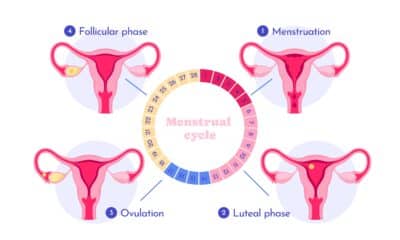The Overlooked Link Between Personality Traits and Internet Addiction: Insights from My Research
When I began my undergraduate studies in psychology at Istanbul Gelişim University, I couldn’t have predicted that one of my earliest research projects would continue to feel so relevant years later. In 2017, I co-authored a study on the “Predictability of Personality, Self-Esteem, and Defense Mechanisms in Internet Addiction,” published in the TURAN-CSR International Scientific Peer-Reviewed and Refereed Journal.
The premise was simple: while internet addiction was widely discussed, the psychological traits that might predict it were less understood. Our study examined 872 students, assessing personality types, self-esteem levels, and defense mechanisms. The findings revealed strong correlations—low self-esteem, introversion, hostility, emotional instability, and immature defense mechanisms were all linked with higher risk of internet addiction.
Why This Matters Now
In 2017, smartphones and social media were already central to daily life, but the pandemic years accelerated digital dependency to unprecedented levels. Today, clinicians are seeing rising cases of problematic internet use, especially among young adults. Understanding the personality-based risk factors can help guide both prevention and intervention strategies.
From Theory to Practice
The practical implications are significant. By identifying individuals with certain personality profiles—particularly those with low self-esteem or higher levels of emotional instability—mental health professionals can design targeted interventions before internet use becomes disruptive.
This approach mirrors strategies used in substance use treatment, where personalized care plans are developed based on individual risk profiles. In fact, my current work as Study Coordinator for a National Institute on Drug Abuse-funded project at Columbia University applies a similar logic, though in a very different context: addiction treatment adequacy among formerly incarcerated individuals.
Connecting the Dots
At first glance, internet addiction and post-incarceration substance use might seem worlds apart. But both involve the interaction between individual vulnerabilities and environmental factors. In both cases, identifying risk patterns early can lead to more effective support systems.
A Broader Research Journey
My path as a researcher has taken me from Turkey to Germany to the United States, earning awards like Student of the Year and High Honors at my university, and gaining memberships in esteemed research groups including Columbia’s Global Psychiatric Epidemiology Group and the JUST-US Research Group.
I’ve also had the privilege of presenting my work internationally, such as at the Guyana Mental Health & Well-Being Conference, where I discussed both addiction treatment adequacy and coping strategies among survivors of marital sexual violence in Turkey. These experiences reinforce my belief that behavioral research must be grounded in real-world applicability.
Looking Ahead
The internet is not going away, and neither is the challenge of maintaining a healthy relationship with it. My hope is that future research continues to integrate psychological profiling with preventative strategies—whether that’s for internet addiction, substance use, or other behavioral health challenges.
If we can better understand who is most at risk and why, we can move from reactive treatment to proactive prevention. That shift could make all the difference, not only for individuals but for the overall mental health of our communities.
















